One of the more obscure and contestable female Revolutionary War heroes, Molly Pitcher was said to have fought in the Battle of Monmouth. During the battle, a woman named Mary Ludwig Hayes attended to the soldiers by giving them water, using a nearby spring as her supply. The temperature was often well over 100 degrees, and the aid Molly offered to the soldiers was badly needed.
Much like Margaret Corbin, it is said that after Hayes’ husband was carried off the battlefield, she took up his position beside the cannon. For the rest of the day, she loaded the cannon using her husband’s ramrod.
[text_ad]
Joseph Martin recalled this event during his memoirs, but the story has always been hotly contested. According to the U.S. National Archives, the real “Molly Pitcher” may have been a persona created from numerous sources, but there are nonetheless “viable contenders,” and Hayes has remained at the top of the list for years.
National Archives’ Prologue Magazine goes on to say that “Mary was described by the men in her company as a twenty-two-year-old illiterate pregnant woman who smoked and chewed tobacco and swore as well as any of the male soldiers. … Like so many other patriots, tradition states that she received the personal thanks of General Washington.
“When her husband died in 1789 from his battle wounds, Mary Hayes married George McCauley, and some forty-four years after the war the state of Pennsylvania awarded her with an annual pension of forty dollars for her heroism at Monmouth. She died January 22, 1833, and is buried at Old Graveyard (the name of the town) in Pennsylvania near Carlisle. During the centennial of the Revolution in 1876, the citizens of Cumberland County marked her grave as a honored soldier.”
To learn more about the Molly Pitcher legend, visit the Prologue Magazine website.
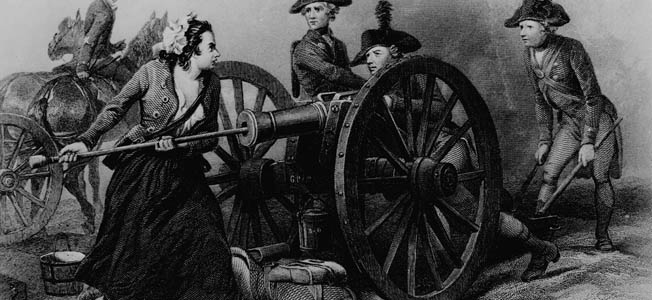
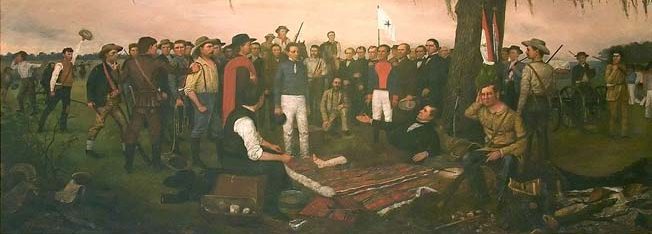
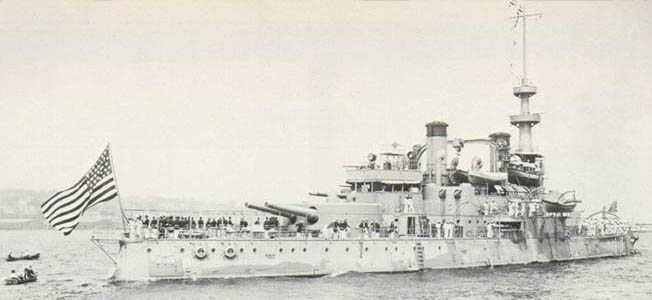
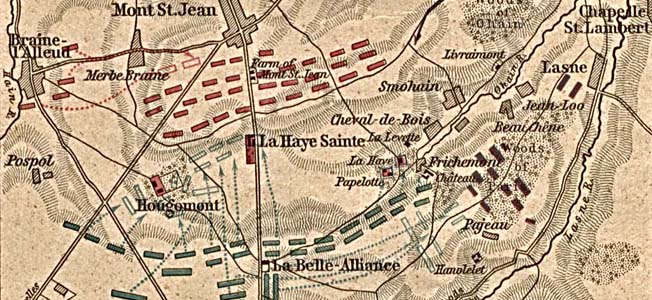
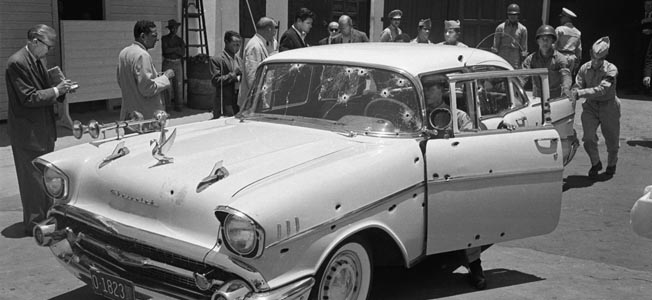

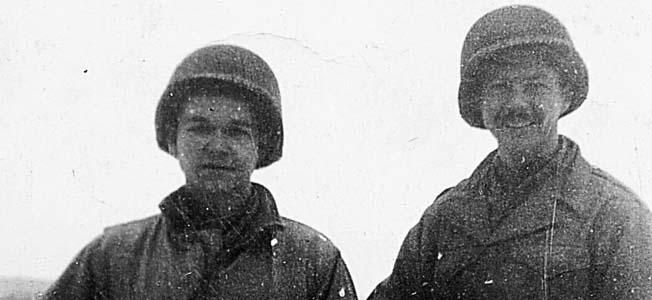

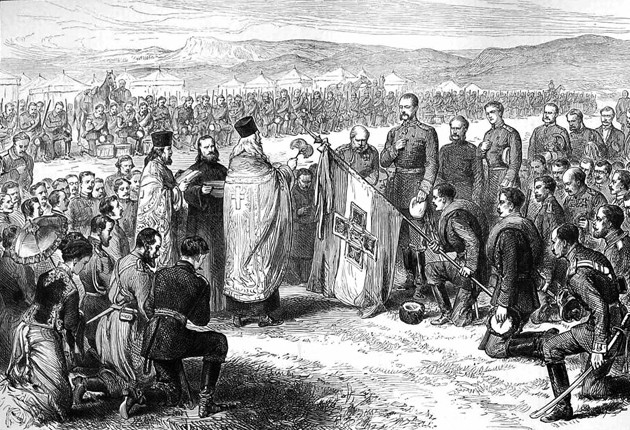
Join The Conversation
Comments
View All Comments